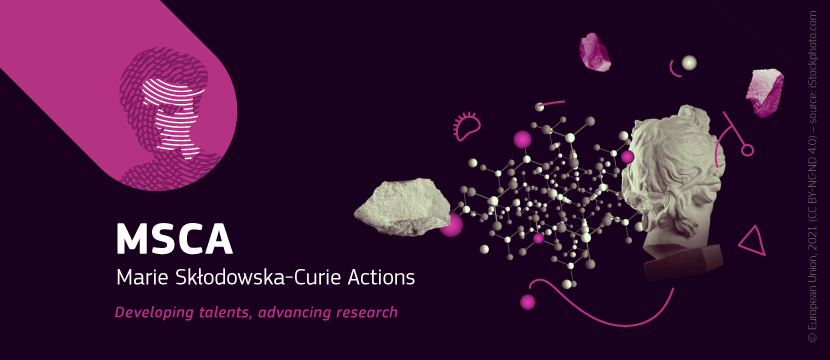A Note on Data Privacy & Storage
Published:
This is a slightly unusual post, that has been close to my heart for a long time.
As both a researcher and an internet user, data privacy and data storage have become increasingly crucial over the years. This concern is not only about protecting my own data (never forget: your online data are valuable), but also about ensuring the safety and confidentiality of research participants and collaborators.
There is no such world where you have ‘nothing to hide’, because our world is constantly changing, both culturally and politically. Spread the word.
Without commenting further on the current global situation, I simply wanted to share a few practical solutions that can help maintain at least some control over personal data.
⚠️ This list is of course non exhaustive as I am not an IT engineer and because everyone must consider which practices and tools are best for their own situation. My idea is to provide suggestions that might be useful or inspiring for your own setup. This post is a living document, intended to evolve over the years. Feedback and additional suggestions are very welcome
Communication Tools
🛡️ iPhone iMessage
- One of the messaging services with very limited governmental access
- Designed and controlled by Apple
- Blocking iMessage would require blocking entire telecommunications systems, making it practically infeasible
🛡️ Email — Proton Mail
- Strong focus on privacy and encryption
- Allows the creation of temporary security keys when sending emails to non-Proton users (e.g., Gmail)
- Example:
- You send an email from Proton to a Gmail address
- The recipient receives a secure link
- The message is opened directly on Proton’s servers, not Google’s
🛡️ Instant Messaging
Olvid (Highly Recommended)
- Unlike WhatsApp, Telegram, or Signal:
- Each conversation establishes a direct link between users
- No reliance on a centralized server nor cloud
- Strong identity-based cryptography
Signal (Fallback Option)
- Preferable to Meta-owned services
- Important note:
- Not linked to a phone number
- Smaller ecosystem and better privacy guarantees than most mainstream alternatives
🛡️ Data Storage
Personal NAS (Network Attached Storage)
- Strongly recommended for:
- Personal file storage
- Photos and videos
- Secure file sharing
- Advantages:
- Full control over your data
- No third-party cloud dependency
- Can be set up in half a day
Final Thoughts
Privacy-respecting tools are not about paranoia, they are about responsibility, especially in research contexts. Small choices, when combined, can significantly reduce unnecessary data exposure.
–> Read more about digital surveillance and what you can do about it
If you have tools, services, or workflows to recommend, feel free to share!

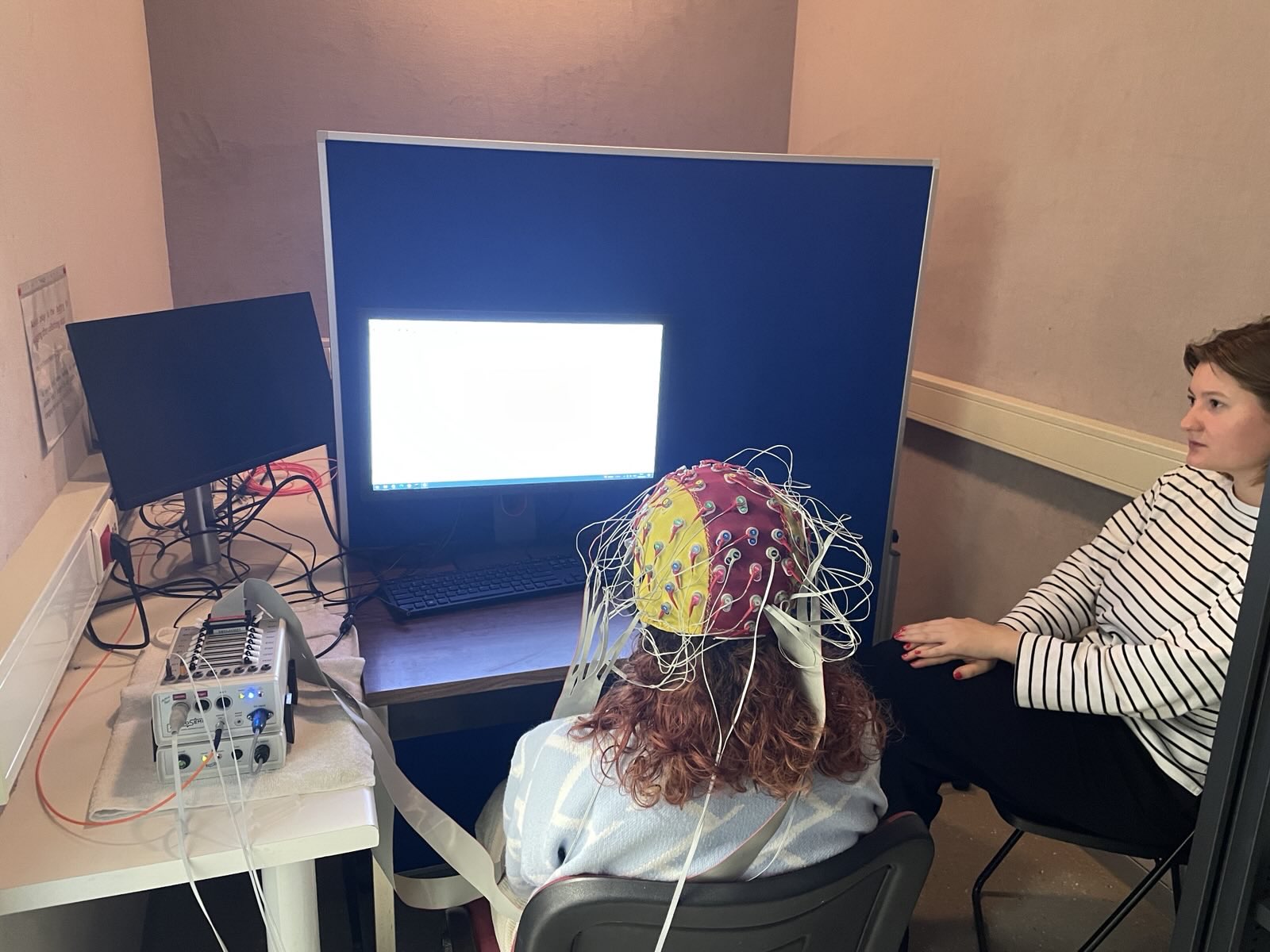
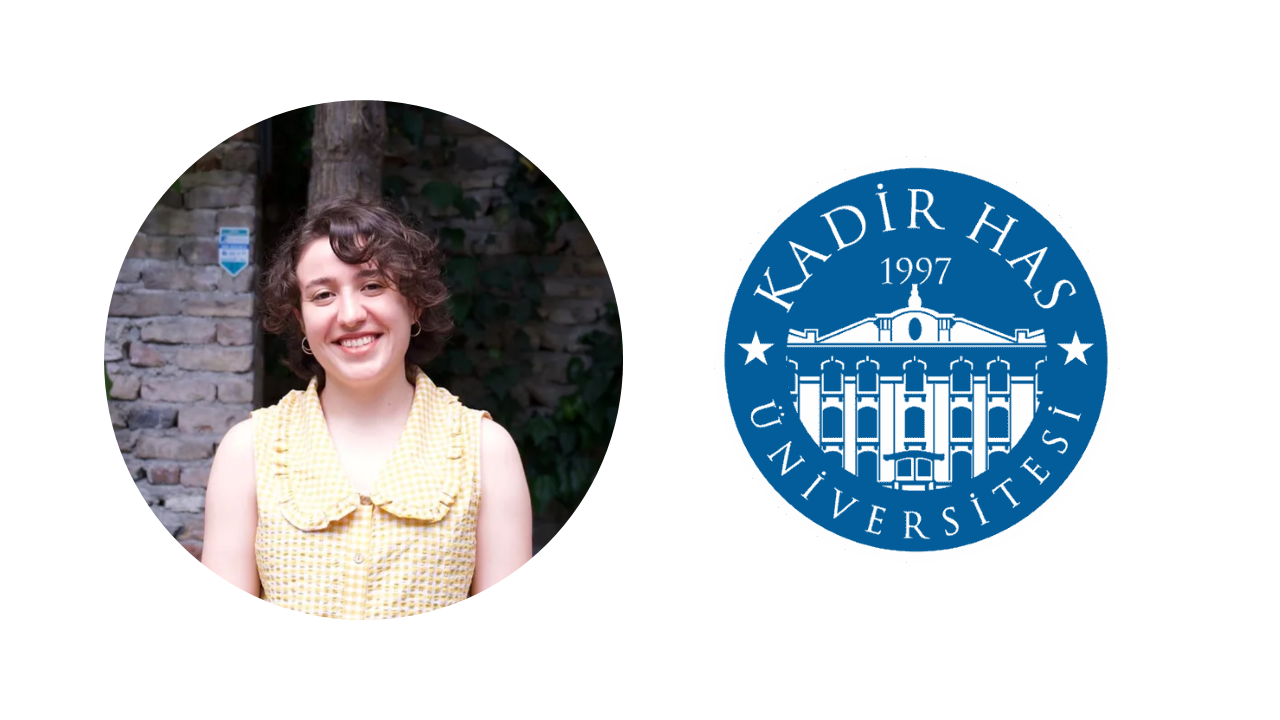
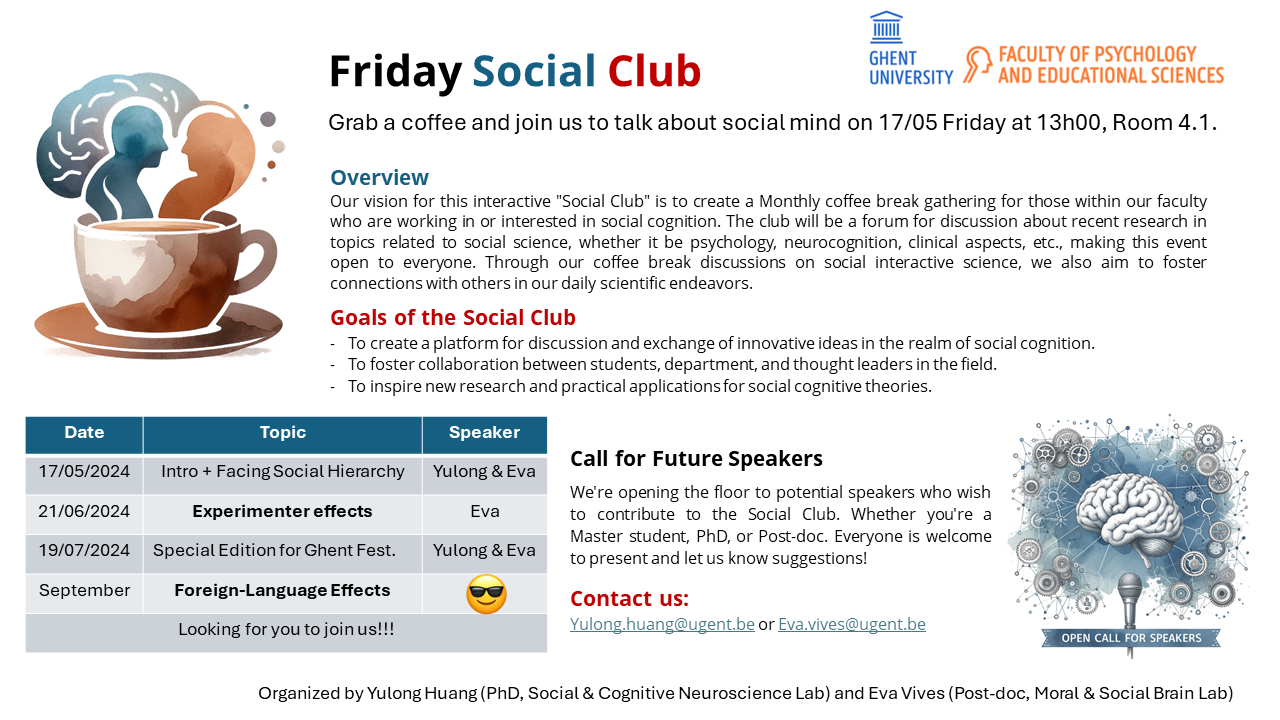 A few days ago, my friend Yulong Huang, PhD at UGent came to me with this idea: What if we organised a scientific and social event in our department to share thoughts, results and ideas about research in social cognition ? 1, 2, 3, on Monday the invitation letter was sent to the department!
A few days ago, my friend Yulong Huang, PhD at UGent came to me with this idea: What if we organised a scientific and social event in our department to share thoughts, results and ideas about research in social cognition ? 1, 2, 3, on Monday the invitation letter was sent to the department!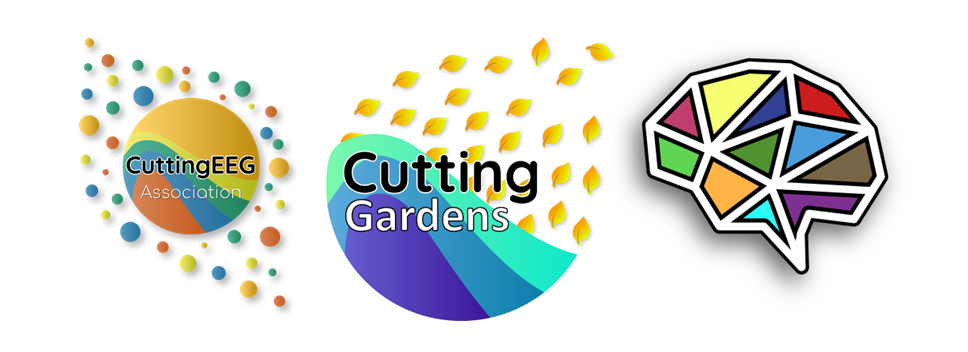 This autumn, I had the opportunity to attend the
This autumn, I had the opportunity to attend the  The official resource page of the Profan research programme has finally been released!
The official resource page of the Profan research programme has finally been released! This year, ICPS convention took place in Brussels, and it was a blast ! On the occasion, I shared our research proposal (MORALEM) about socioemotional response to moral transgressions. My poster entitled Moral Appraisals of Transgressions and Outrages: A Perpetrator vs. Victim Focus Study, is available on
This year, ICPS convention took place in Brussels, and it was a blast ! On the occasion, I shared our research proposal (MORALEM) about socioemotional response to moral transgressions. My poster entitled Moral Appraisals of Transgressions and Outrages: A Perpetrator vs. Victim Focus Study, is available on 